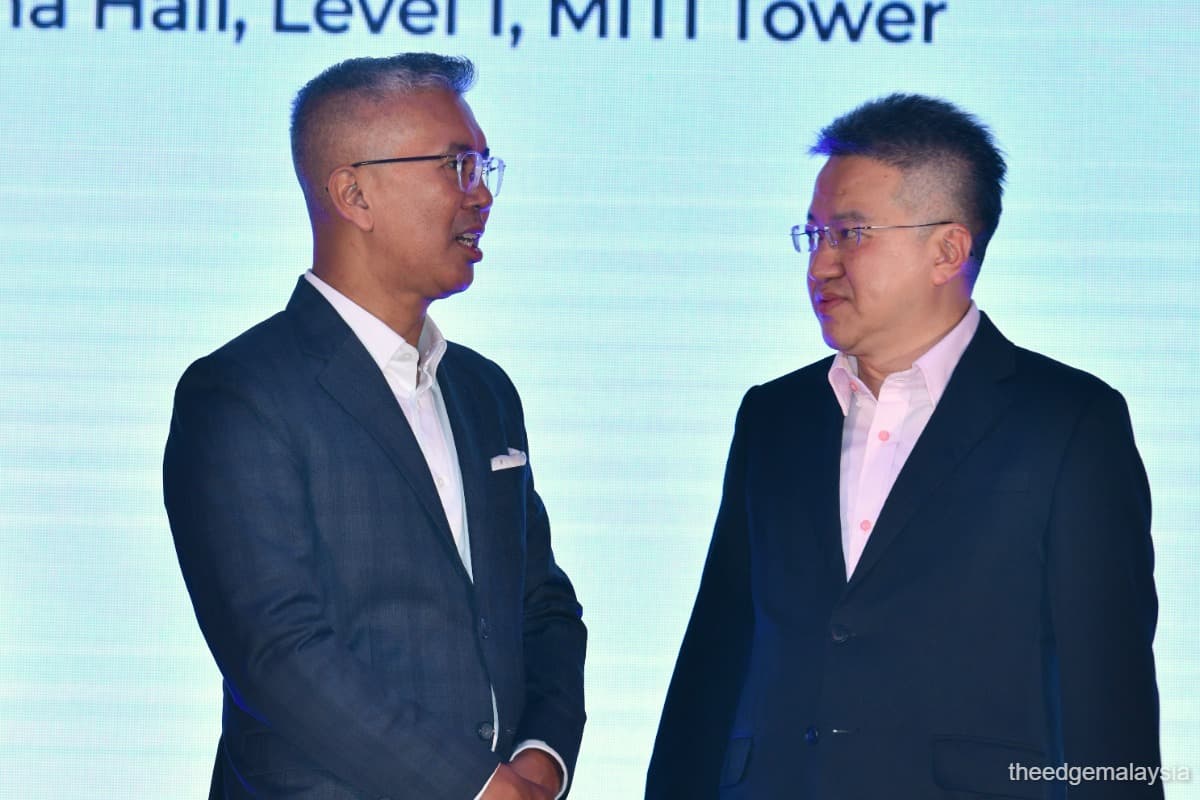
- “While standards are still being developed, procurement policies can start by requiring purchase of the lowest emission steel available,” Miti said.
KUALA LUMPUR (Sept 30): The government will launch a “Buy Made-in-Malaysia, Buy Low-Emissions” initiative to support demand for local low-emission steel products under the Steel Industry Roadmap 2035.
This includes prioritising it in public projects and encouraging private sector use through industry guidelines and standards.
The move is also aimed at narrowing the country’s iron and steel trade deficit, which stood at RM1.5 billion in 2023, with exports valued at RM30.5 billion and imports at RM32 billion. In that instance, while the country exported more steel by volume (8.2 million metric tons) than it imported (7.3 million metric tons), most exports were lower value-added products. Meanwhile, imports were mainly higher value-added items like flat steel.
The Ministry of Investment, Trade and Industry (Miti) is making closing this value gap by building local capabilities a key industry goal.
As part of the “Buy Made-in-Malaysia, Buy Low-Emissions” initiative, the government will introduce procurement policies favouring the purchase of the lowest-emission steel for public infrastructure and construction projects.
“While standards are still being developed, procurement policies can start by requiring purchase of the lowest emission steel available,” Miti said.
To broaden adoption, Miti will also issue industry guidelines and standards to encourage private sector use of sustainable steel.
On financing, the roadmap calls for blended financing models, offtake agreements, and the involvement of development banks and export credit agencies to support investments in plant upgrades.
Incentives are also being considered for energy efficiency projects and conversions into higher-grade flat steel products, where Malaysia remains import-dependent.
Steel demand in Malaysia is still largely construction-driven, accounting for 63% of total apparent steel consumption in 2021, followed by fabricated metal products (11%) and electrical equipment and appliances (9%).
“Compared to the global average, Malaysia allocates a greater share of steel to construction and infrastructure, reflecting the nation’s development priorities and ongoing growth trajectory,” it said.
As Penang girds itself towards the last lap of its Penang2030 vision, check out how the residential segment is keeping pace in EdgeProp’s special report: PENANG Investing Towards 2030.







